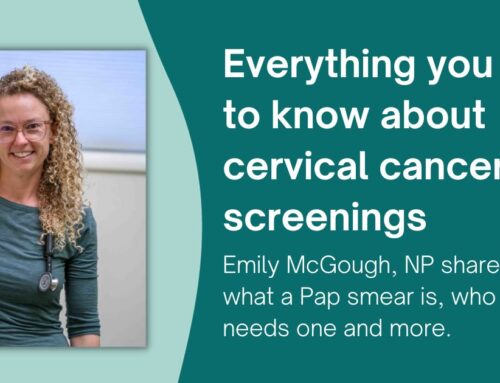
Many people feel that only the old or chronically ill need to have plans for what happens if they become incapacitated. However, everyone should have some form of advanced care planning as you never know what could happen. The COVID-19 pandemic is a prime example.
Advanced Care Planning is generally split up into three areas:
-
Having a Healthcare Agent identified in a Medical Durable Power of Attorney (MDPOA)
-
Living Wills
-
Medical Orders for Scope of Treatment (MOST)
Everyone should have an MDPOA. Once you are over 18 years old, you have the ability to decide what happens to you medically. But who decides in your place if you are injured or sick and unable to express your wishes to the doctor?
Most people assume that their families would make those decisions, but in many States including Colorado families do not have that automatic right. If you have not designated someone to make those decisions it may be left up to the doctors and hospital to make those decisions.
Getting the best care can sometimes mean having documentation of what your wishes are in the event of a medical crisis.
A Living Will is a way to express in writing what you want your MDPOA to consider if you become incapacitated for a prolonged period. It generally does not cover treatments in an emergency room.
As you get older, or begin to have chronic medical problems, then you may need to discuss end of life issues where you express what you might want to happen in an emergency, or if your heart stops. These documents are called Medical Orders for Scope of Treatment (MOST).
All of these are legally binding documents, though they don’t necessarily require a lawyer. It is important that these issues are discussed with your physician and placed in your medical record where they can be found in case of an emergency. It is also important that you discuss your wishes with your family so everyone knows what your wishes are.
The following is a guide for starting an honest and open dialogue about your wishes.
-
First step: Think about someone to designate as your Healthcare Agent.
A Healthcare Agent is a person you name in your emergency, critical and advance care plan, to make medical treatment decisions for you if you ever become too sick or injured to make, or communicate those decisions for yourself, or if a court ever declares you to be incompetent.
Whom should I choose to be my Healthcare Agent? This should be a person you trust to make decisions for you when you cannot make them for yourself.
Consider choosing a family member or friend who knows you well, is dependable, trusted and over the age of 21. Sometimes a spouse or intimate family member may not be the best person to name as your healthcare agent as they may be too emotionally involved to carry out your wishes.
This person cannot be your primary care physician or someone that works at your healthcare provider’s office (unless they are a family member).
Once you have chosen your Healthcare Agent here are some things you will want to discuss with them:
-
First ask them if they are willing to take on this responsibility.
-
Once you have someone it is time to talk to your physician about your current health status, your wishes should you become incapacitated, and any other documents you may want to consider. It will be time to fill out an MDPOA.
-
Once you have the MDPOA in place designating your Healthcare Agent, then you need to have a talk with your Healthcare Agent about your wishes. This may include:
-
What does life support mean to you? This includes medical devices used to help you breathe like the insertion of a breathing tube and use of a ventilator, CPR or cardiopulmonary resuscitation, tube feedings, blood transfusions, dialysis or any measures used to keep you alive.
-
What kinds of medical treatments would you want if you were in a coma and not expected to wake up, if you had permanent and severe brain damage, or if you were medically or physically ill? What kind of palliative or comfort measures are you comfortable with?
-
These issues also need to be discussed with your close family members so they are aware of your decisions and can allow the Healthcare Agent to carry out your wishes without interference.
If you decide you want to change your Healthcare Agent or any of the documents you have filed you can do so at any time as long as you still have the mental capacity to do so.
It is our goal at the Telluride Regional Medical Center to provide you with care that is consistent with your wishes.
If you would like to get your wishes in writing, call and schedule a Telehealth visit so that we can direct you to the documents that make the most sense for your needs. (If you are over the age of 65 and on Medicare this is a covered benefit.)
Sincerely,
Dr. Bill Hall
-







